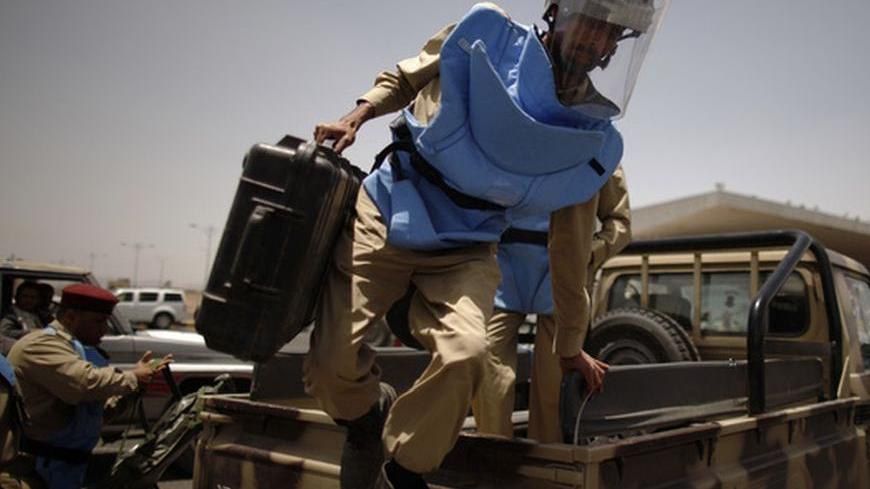Monday’s suicide bombing in Yemen’s capital Sanaa, which killed nearly 100 people, gives pause to the optimism that surrounded the US drone strike that killed Fahd al-Quso, a key al Qaeda leader, and the successful thwarting of an al Qaeda bomb plot against the United States. Now is the opportune time for a sober analysis of how to address the growing al Qaeda threat in Yemen. The reality is that a significant number of people, including senior Yemeni officials, believe that America's one-dimensional focus on counter-terrorism is destabilizing the country further.
During my recent assessment visit to Yemen, I met with members of President Abdo Rabu Mansour Hadi's cabinet, pro-government and opposition leaders, tribal chiefs, and civil society activists. I was told repeatedly that US drone strikes are serving as an al Qaeda recruiting tool. This comes at a time when the White House has given increased authority to the CIA and US Joint Special Operations Command to conduct drone strikes against suspected al Qaeda terrorists in Yemen. While drone strikes can be effective and necessary, the failure of the Yemeni government and international community to address the core issues driving instability — such as deficiencies in effective governance, economic development, the availability of goods and services, and youth engagement — undermines the security situation and facilitates the rise of terrorist groups such as al Qaeda in the Arabian Peninsula (AQAP).


